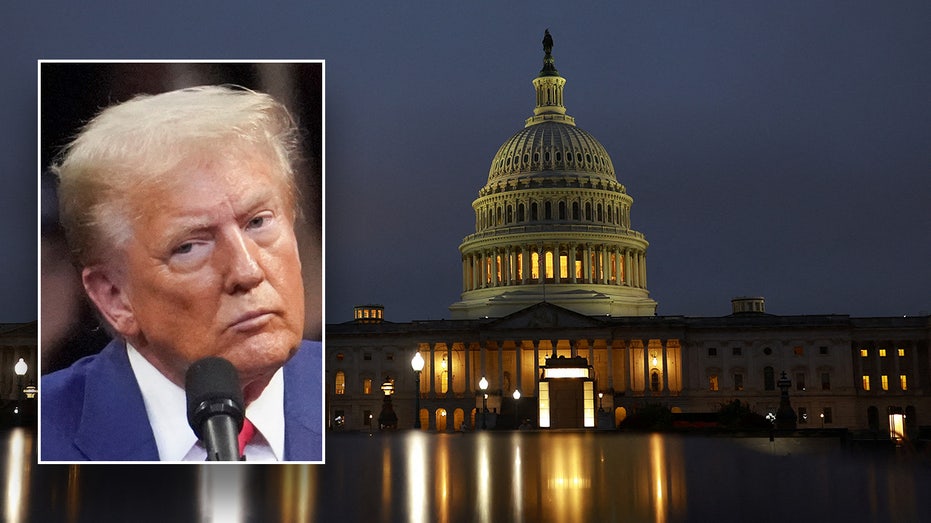- by foxnews
- 25 Nov 2024
More than 10,000 US hotel workers strike on Labor Day weekend
More than 10,000 US hotel workers strike on Labor Day weekend
- by theguardian
- 02 Sep 2024
- in politics

Thousands of US hotel workers went on strike on Sunday for improved pay and conditions in a dispute likely to disrupt many Labor Day weekend holiday travelers, amid union warnings that industrial action could escalate.
The Unite Here union, which represents workers in hotels, casinos and airports across the US and Canada, warned that staff in other city were ready to join the strike.
The union said that, as of Sunday morning, the strike had impacted 24 cities with a total of 23,000 hotel rooms.
It was taking place on a weekend which was expected to be the busiest on Labour Day records, according to Transport Security Administration forecasts.
Unite Here, which has more than 275,000 members, has accused the hotel industry of using cutbacks triggered by Covid-related lockdowns to permanently cut staff and reduce guest services.
It has asked traveling guests at affected hotels to cancel their visit and demand refunds.
The strike, which is scheduled to last three days, follows months of talks between workers and the Hilton, Hyatt, Marriott and Omni hotel chains.
- by foxnews
- descember 09, 2016
'Quiet travel' is having a moment; here are top US spots where you can embrace the trend
Here are 10 destinations for "quiet travel" in the U.S. to check out if you're ready to unplug and unwind on your next vacation. From Maine to Florida, Oregon and more, see the list.
read more





